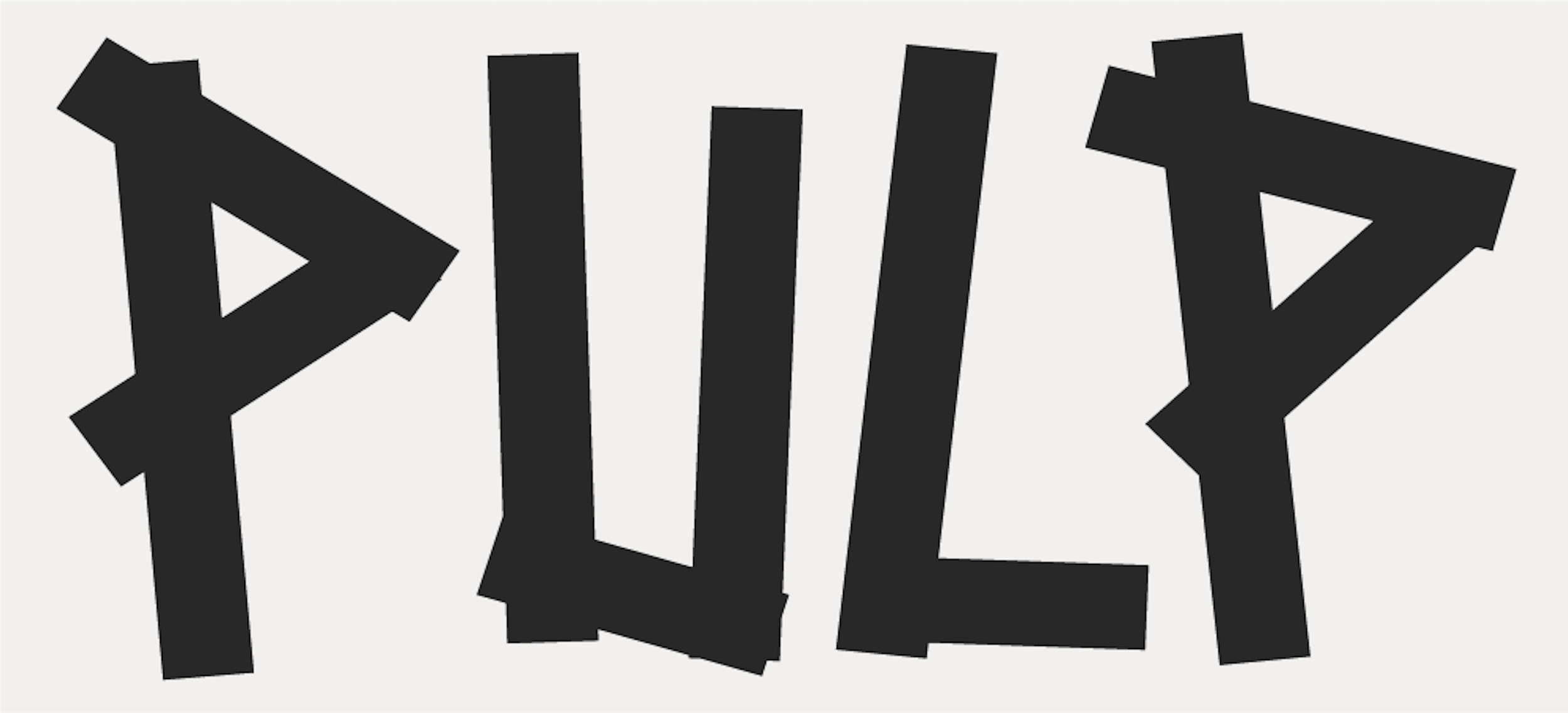Survivors' Network Launched This Week
Content warning: Rape, sexual assault
An initiative led by University of Sydney students Mariam Mohammed (SUPRA, Women’s Officer), Anna Hush (Women’s Officer 2016), Katie Thorburn and Imogen Grant (Co-Women’s Officers 2017) is now available for survivors of rape and sexual assault on campus.
The Survivors Network, which has been eight months in the making, is a peer-led support group for survivors of sexual assault- run by survivors, for survivors.
This week, the initiative held their launch in the Quadrangle where Mohammed, Thorburn and Karen Willis of Rape and Domestic Violence Services Australia spoke about the institutional issues faced by survivors on campus. They cited the difficulty of reporting sexual assault through official channels and the apathy that many students face from university administration among many of the system failures encountered by survivors.
Willis spoke at length about the roles that allies and support networks must play in situations of rape and assault, and described these actions as the responsibilities of the ethical bystander. She spoke about how university students must not be content with what they see, but must speak out against institutional and societal bias by rejecting the ‘boys will be boys’ mentality. Willis identified one of the main precursors to sexual assault as gender inequity.
“The key underlying cause is gender inequity and the sense of entitlement that men in our society have. This is not man-bashing, but rather taking a reflective stance on our own attitudes and actions towards the women around us. Being an ethical bystander and an ally, means looking at yourself.”
The launch served as an introduction to the multitude of injustices suffered by students reporting sexual violence, with Anna Hush, former Women’s Collective Officer, speaking about the prejudices faced by survivors who do not immediately take legal action against their abusers. Hush went on to discuss the inappropriate responses that students receive from both peers and the failure of the institutional support networks that are meant to care for them.
“Reactions often start with disbelief, and this leads to survivors essentially being put on trial for their own experiences of sexual assault. With this immediate reaction begins a cycle of doubt, blame and shame that is incredibly damaging for survivors, and this still hasn’t been rectified by the university, or even the criminal justice system.”
The Survivor’s Network will aim to create clear mechanisms and channels of reporting for Sydney University students, as well as constructing a safe and welcoming space for all survivors. It will not replace or substitute professional or legal help, but rather allow for students who have suffered through their own experiences of sexual violence to meet and discuss a safe way forward.
With seventeen reported incidents in the past five years, but with only 1.4% of students reporting their experiences to the uni, it has been calculated that this means that over two hundred and forty-two incidents could happen per year - but this isn’t the ‘reported’ figure. The Survivors Network will be representing a community response to the lack, and incompetence, of official channels to deal with the issue of sexual violence.
As for the members of the group, it is up to the survivors in the Network how they would like to use the group, whether that be as an advocacy and campaigning space in connection with the Wom*n’s Collective campaign, or purely as a support group.
